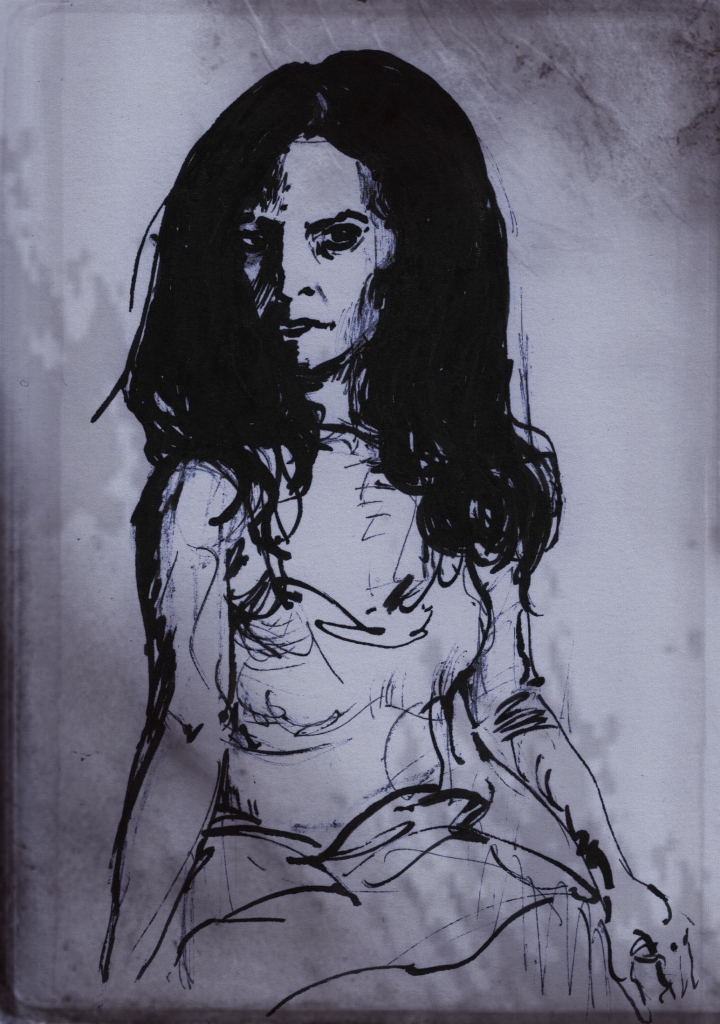It hums, illuminates the wall
and a beam of bedroom dust
between. A flick of the thumb
triggers the tray’s lurch, shuffling
slides, my hitchhike on 35 mm
film to a Kodachrome finish.
In the frame is my father,
some colleagues on a sailboat
in Vietnam, maybe months
before the banks evacuated
Saigon. At first glance,
this image strikes me as more
honest, truer to life than what
I live day to day, as if the earth
were painted in a different light
forty years ago. I can almost
put myself there, stand in
my father’s place, though
I can’t summon vibrations
from distant shells that should be
pulsing through this image.
I’ve never even flinched
at rifle crack. It troubles me
that I gild his photographs,
lacquer what I can’t comprehend.
The past is Vietnam and every mass
grave previous—it’s happening
upon a charred body,
castrated, hung like dead fruit
from a peach tree.
Should we cherish draft cards
or wish for protests, so we can watch
our own police force
open fire on a student body?
Isn’t that also the past
that we see in photographs,
when we wish we were any place
than where we are today?
I find I remember too easily
that which I’ve never seen, forget
the superstructure of this world
only appears to float of its own accord.
At such a distance, years become
meters of ocean. They distort
the piers and pylons that disappear
into the water below us,
propping up everything we see.
Alone in my bedroom, I drop
each frame in the carousel
and I still yearn, ignite the acids
of my stomach. I curl my fists inside
boxes of slides and marvel
at how the dead can still rise,
and carry me off on their shoulders.

